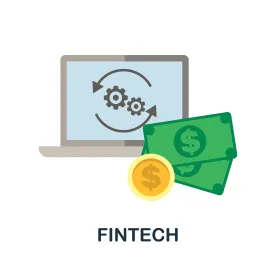According to the FDIC, the most important factor contributing to the earnings gap between community and non-community banks is the ability to generate non-interest income from “activities that are typically not part of the traditional community banking business model.” Expanding non-interest income businesses needs to be a greater priority for most smaller banks. A new report from Deloitte on the future of banking predicts the development of different business models for financial institutions over the next ten years, noting that as consumers become more sophisticated and financial services become more commoditized and disintermediated, consumers increasingly will act as competitors to financial institutions. New platforms will allow them to service their own financial needs. Overall, Deloitte concludes that the banking marketplace in 2030 will be highly fluid and interdependent, requiring “innovative business models and alliance ecosystems.”
Most community banks lack the financial resources, management experience, and compliance staff necessary to take advantage of most of the opportunities created by these changes in the banking industry. Most community banks are not well-positioned to compete with larger banks or fintech companies by creating and taking advantage of economies of scale or seeking to capture the heart and mind of the millennial demographic. They compete by offering better customer service and paying greater attention to small business customers.
On the other hand, there are a handful of banks – many of them very small – that have developed niche business models by partnering with fintech companies, including through bank model partnerships that enable non-bank lenders to originate loans through the bank and avoid having to comply with usury and licensing laws in every state in which they operate. These partnerships enable the bank to reach market segments which would otherwise be impractical or uneconomic for them to engage in. This collaboration can bring exponential growth in deposits, loans, and non-interest income through innovative partnerships while driving customer adoption and customer engagement. We recently presented on this topic at the West Virginia Bankers Association and Ohio Bankers League Joint Convention, discussing the key issues and opportunities for banks in structuring partnerships with fintech companies.






 />i
/>i

